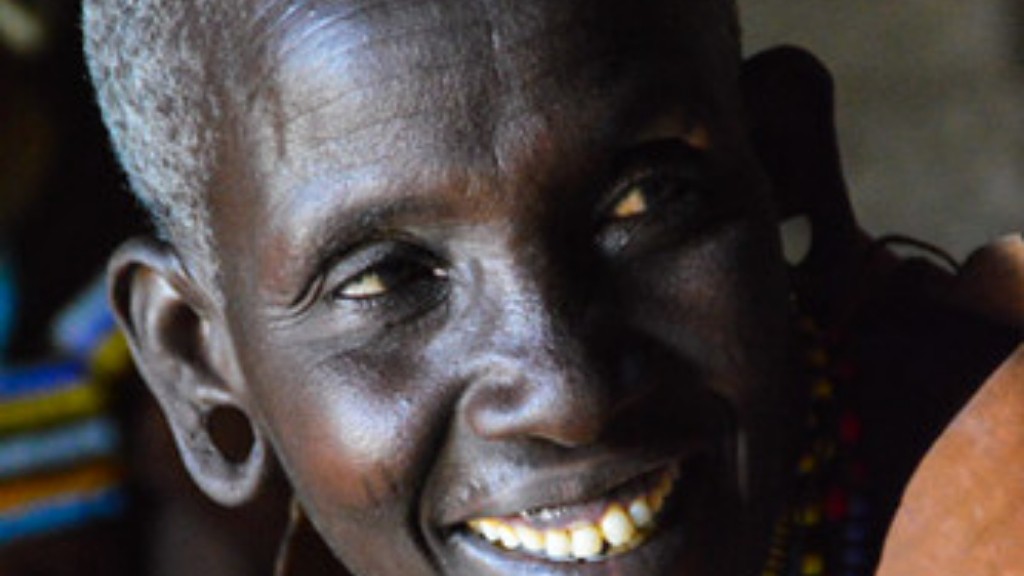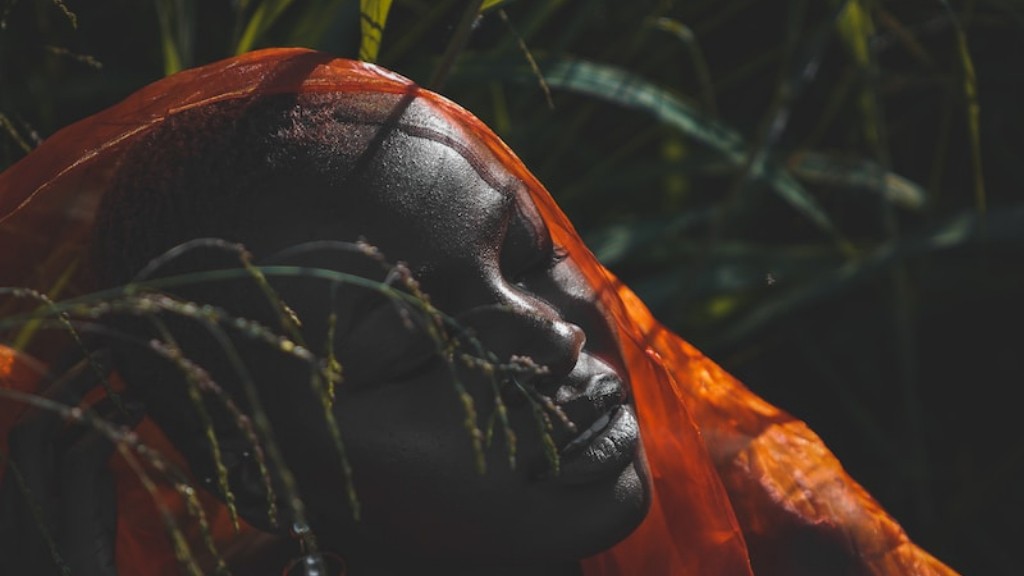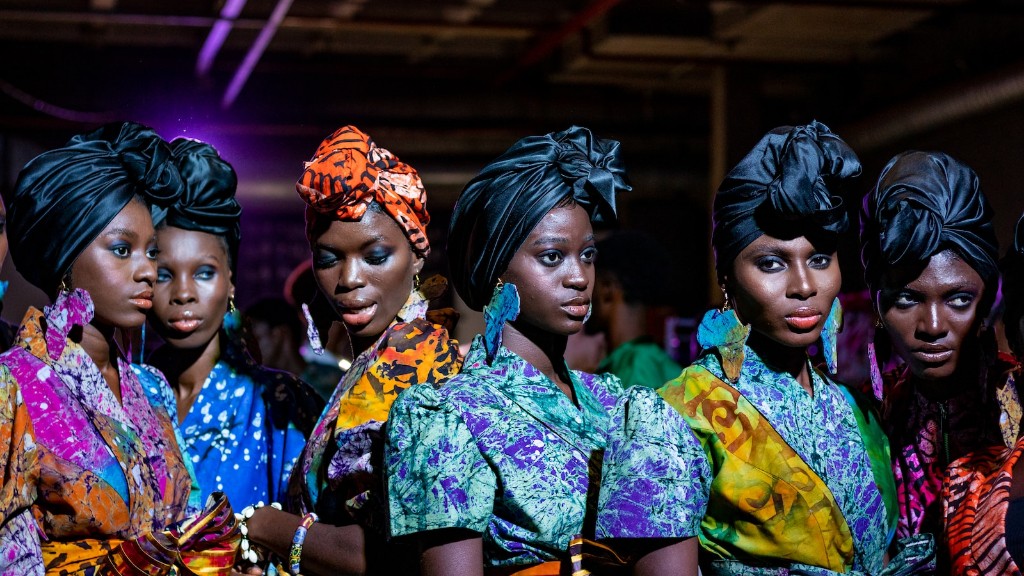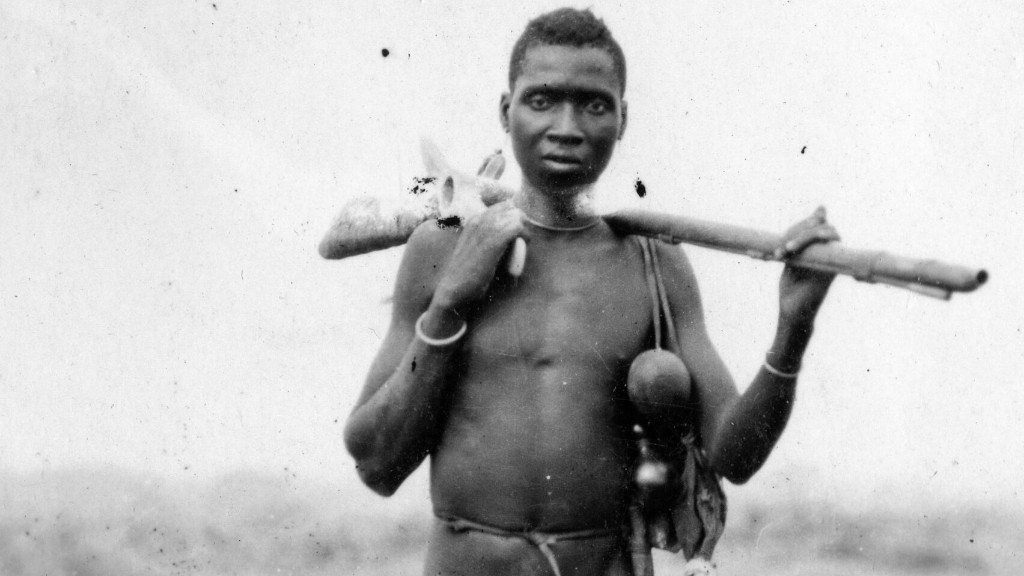The African Tribe of Dan
The African Tribe of Dan is a well-known ethnic group residing in West Africa, primarily in the countries of Ivory Coast and Liberia. With a population of around 1.5 million people, the Dan tribe holds a rich cultural heritage that has captivated anthropologists, historians, and researchers for many years.
The Dan tribe is known for its distinctive mask-making traditions, which have gained recognition and appreciation worldwide. These masks, often characterized by their intricate carvings and vibrant colors, hold great spiritual significance within the tribe’s religious practices.
As experts have noted, the masks are used during ceremonies and rituals, where they serve as a connection between the spiritual and physical realms. They are believed to embody spirits of ancestors and aid in communication with these divine beings. This unique cultural aspect allows the tribe to maintain a strong link with their cultural heritage and identity.
Furthermore, the Dan tribe is renowned for its agricultural practices. Agriculture serves as the backbone of their subsistence economy, with crops like yams, cassava, and rice being major staples. The tribe’s harmonious relationship with nature is exhibited through their sustainable farming techniques, which prioritize the preservation of their lands and ecosystems.
In recent years, the Dan tribe has faced some challenges in preserving its cultural practices and traditions. Rapid urbanization and globalization have introduced outside influences that threaten to dilute their cultural identity. Nevertheless, efforts have been made by the Dan community and various organizations to safeguard and promote their heritage.
One example of these preservation efforts is the establishment of cultural centers and museums, where visitors can learn about the rich history and traditions of the Dan tribe. These initiatives provide opportunities for the younger generation to engage with their cultural roots and ensure the continuity of their unique practices.
Additionally, various anthropologists and researchers have extensively studied the Dan tribe, documenting their customs, rituals, and way of life. These studies have shed light on the intricate social structures within the tribe, as well as their artistic expressions. The knowledge gained from these studies has not only enriched the field of anthropology but has also fostered a deeper appreciation for the Dan tribe’s cultural contributions.
Overall, the African tribe of Dan is a remarkable community with a deep-seated cultural identity that continues to thrive amidst the challenges of the modern world. Their commitment to preserving their traditions, the profound symbolism behind their masks, and their sustainable agricultural practices all contribute to the extraordinary tapestry of African culture.
The Symbolism of Dan Masks
Within the Dan tribe, the striking masks hold a profound symbolism that reflects their spiritual beliefs and ancestral reverence. These masks are carefully crafted by skilled artisans and are not mere decorative objects but rather vessels through which ancestral spirits can communicate with the living.
The distinctive features of Dan masks, such as elongated faces, protruding foreheads, and geometric patterns, are not purely aesthetic choices. They hold specific meanings tied to the tribe’s mythology and rituals. For instance, the elongated faces are believed to represent the idealized female beauty, while the patterns may symbolize fertility, prosperity, or protection.
During important ceremonies and initiation rituals, the masks are worn by chosen individuals who enter a trance-like state, enabling them to embody ancestral spirits. It is through this symbiotic relationship between the mask wearer, the mask itself, and the spiritual realm that communication and guidance are sought.
Masks are also used for entertainment purposes during festivals and celebrations, adding color, vibrancy, and a touch of mystique to the events. Their mystical allure attracts both locals and tourists, further highlighting the significance of the Dan tribe’s cultural heritage.
The Agricultural Traditions of the Dan Tribe
Agriculture has been an integral part of the Dan tribe’s way of life for centuries. Through their sustainable farming practices, they have managed to create a harmonious relationship with the land and maintain a self-sufficient lifestyle.
The tribe primarily cultivates crops such as yams, cassava, rice, and maize, which provide the foundation of their diet. These crops are not only a source of sustenance but also hold cultural significance within their rituals and ceremonies.
The Dan tribe’s agricultural practices emphasize the importance of organic farming and the preservation of natural resources. Crop rotation, intercropping, and the use of traditional methods such as manual labor and natural fertilizers are employed to ensure that the land remains fertile for generations to come.
This sustainable approach to agriculture not only sustains the tribe but also reflects their deep respect for nature and their understanding of the interconnectedness between humans and the environment.
Preserving Dan Traditions in the Modern World
As the Dan tribe faces the inevitable encroachment of modernity, various initiatives have been undertaken to preserve their rich traditions.
One notable effort is the establishment of cultural centers and museums within the tribe’s territory. These centers serve as repositories of knowledge and artifacts, providing a space for visitors to learn about the Dan tribe’s history, artistry, and spiritual beliefs.
Furthermore, education plays a crucial role in preserving Dan traditions. By incorporating the tribe’s cultural practices into the curriculum, younger generations can develop a deeper appreciation for their roots and actively participate in the continuation of their cultural heritage.
The involvement of the international community is also vital in ensuring the preservation of the Dan tribe’s traditions. Collaborations between anthropologists, researchers, and the tribe itself allow for a wider dissemination of knowledge, raising awareness about the importance of cultural diversity and heritage preservation.
The Significance of Dan Masks in Contemporary Art
The unique beauty and cultural significance of Dan masks have not only captivated scholars but have also influenced contemporary art movements around the world.
The mesmerizing aesthetics of the masks, with their geometric patterns and balance of form, have inspired numerous artists to incorporate elements of Dan art into their own creations. These influences can be seen in various art forms, including sculpture, painting, and fashion.
By drawing inspiration from the Dan tribe’s artistic traditions, contemporary artists pay homage to their rich cultural heritage and create a bridge between ancient and modern artistic expressions. This fusion showcases the timeless appeal and enduring relevance of the Dan tribe’s artistic contributions.
Preserving Cultural Identity in the Face of Globalization
The globalization of cultures presents both opportunities and challenges for the preservation of the Dan tribe’s cultural identity.
On one hand, increased global connectivity allows for the sharing of knowledge, resources, and support from the international community. This enables the Dan tribe to gain recognition and appreciation for their cultural contributions, ensuring their traditions are not forgotten in the annals of history.
On the other hand, globalization introduces external influences that can potentially dilute or overshadow the uniqueness of the Dan tribe’s cultural practices. The influx of Western ideals and practices may lead to a gradual erosion of their traditions as younger generations become exposed to alternative ways of life.
However, the resilience and determination of the Dan tribe, coupled with the establishment of mechanisms to safeguard their cultural heritage, provide hope for the preservation and continuation of their traditions into the future.
The Dan Tribe as Cultural Ambassadors
The Dan tribe not only preserves its cultural practices within its own community but also serves as cultural ambassadors to the world.
The widespread appreciation for Dan masks and their inclusion in international art exhibitions and galleries allow for a cultural exchange that transcends borders. Through these platforms, the world gets to witness and experience the beauty, history, and spiritual significance of Dan masks firsthand.
As cultural ambassadors, the Dan tribe has the opportunity to dispel misconceptions, foster understanding, and promote cultural diversity on a global scale. Their rich traditions continue to ignite curiosity and admiration, cementing their place as a valuable and treasured part of the global cultural tapestry.





